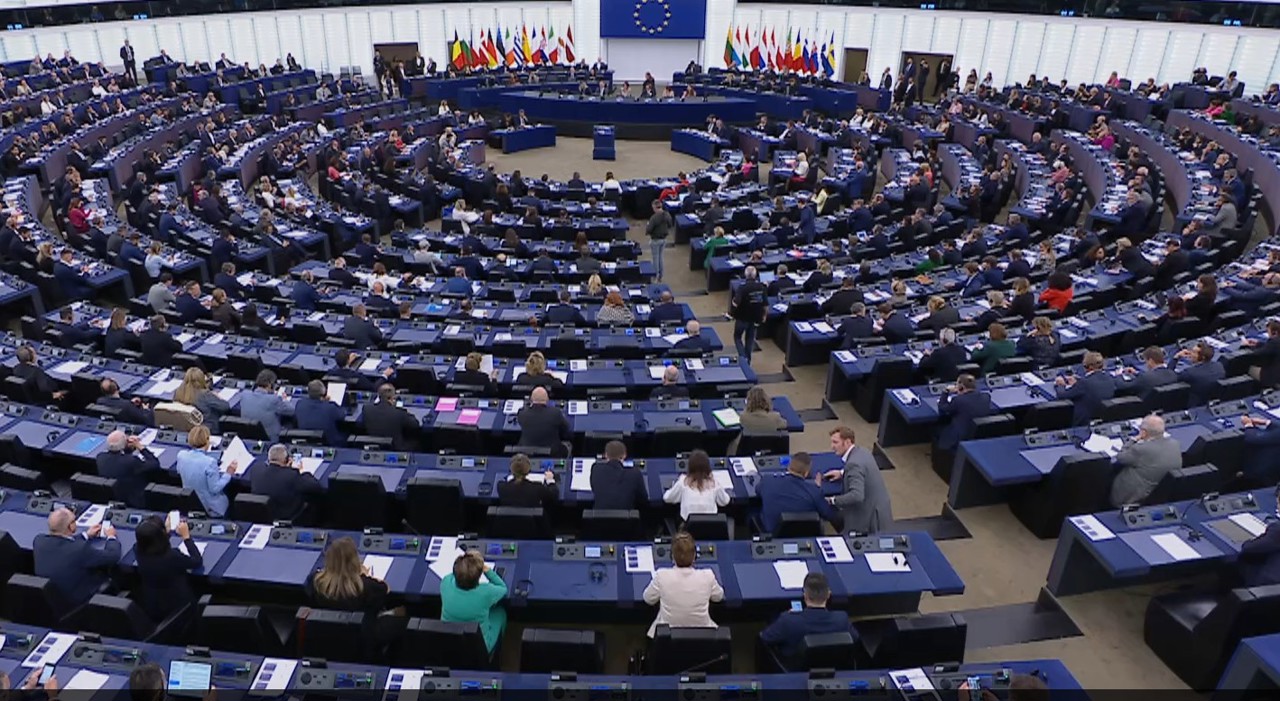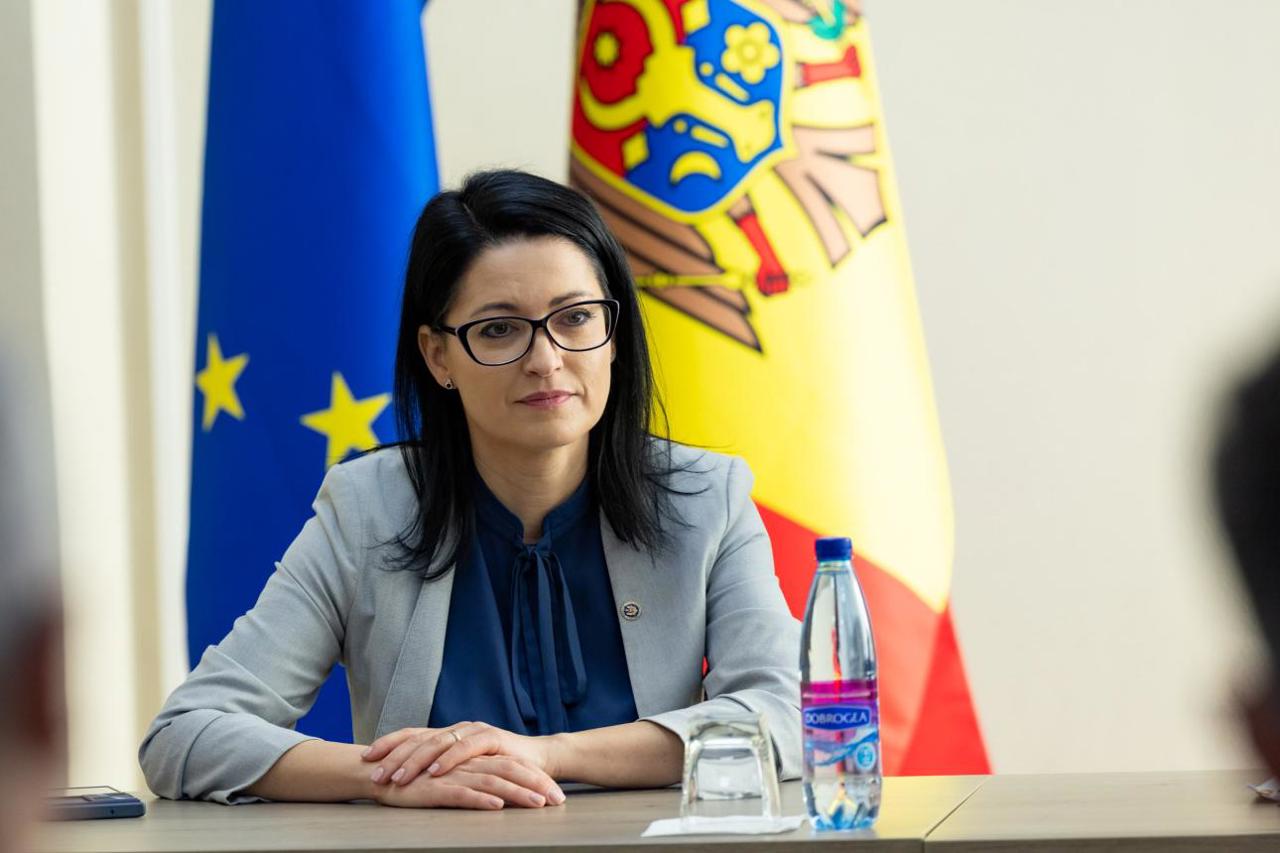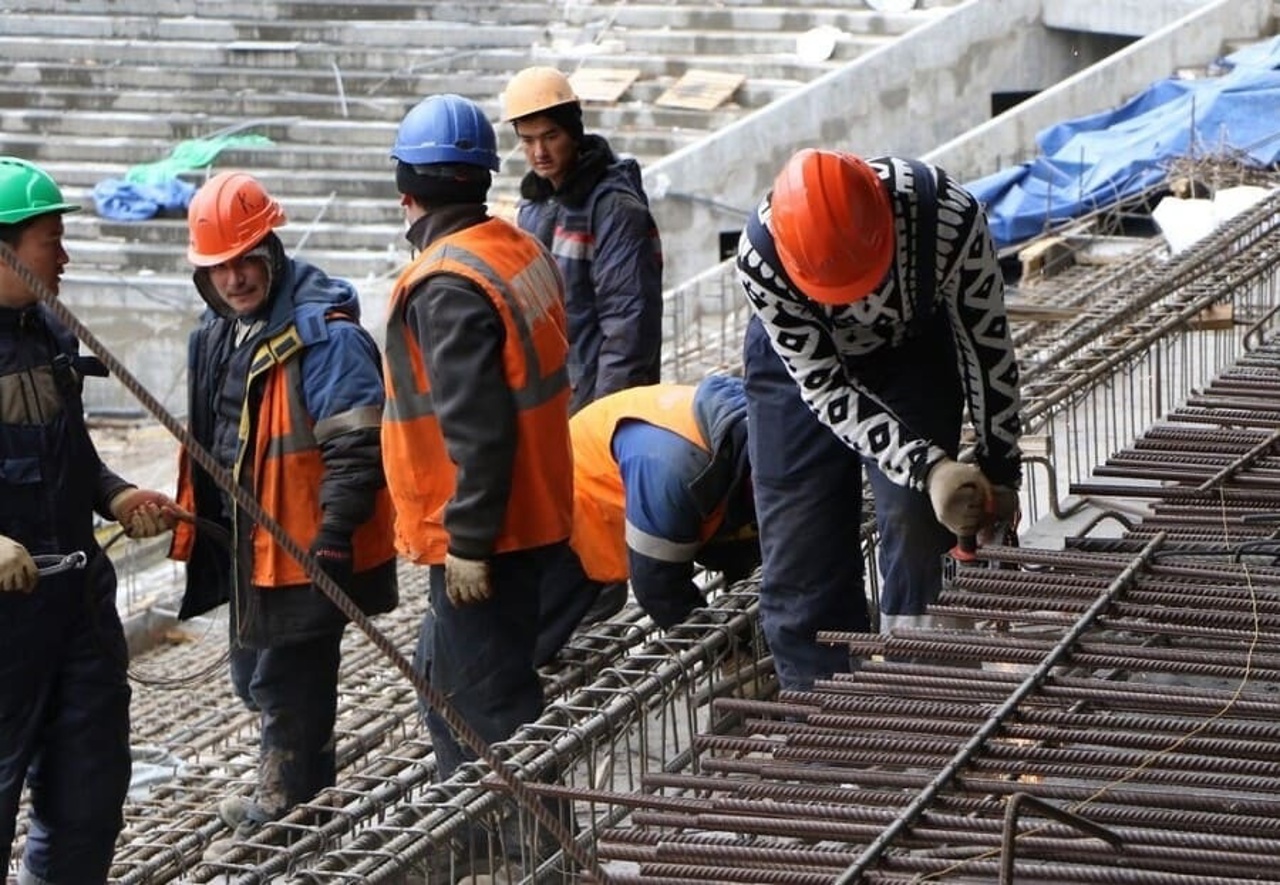European Parliament asks Russia to put an end to the interference in the elections in the Republic of Moldova
The European Parliament adopted, as expected, on Wednesday, the resolution by which it asked Moskow firmly to stop the attempts to block the European path of the Republic of Moldova.

The resolution, adopted with 508 votes in favor, 53 against and 104 abstentions, vehemently condemns Russia's attempted interference and hybrid operations, which have become more aggressive on the eve of the presidential elections and the constitutional referendum on EU accession, that will take place on October 20. The MEPs highlighted the role of pro-Russian intermediaries, including Moldovan oligarchs and the Russia Today media group – a company financed by the Kremlin, in setting up mechanisms for vote fraud, cyber actions and information warfare. They call on the member states to ensure that the Republic of Moldova benefits from all the necessary assistance to strengthen the institutions so that the country can face hybrid threats.
Russia’s destabilizing actions in the Republic of Moldova
According to the deputies, the Security and Intelligence Service of the Republic of Moldova announced that Russia is financing the "no" campaign with approximately 100 million euros for pro-Russian political groups and spreading disinformation on social networks to sow doubts about the legitimacy of the electoral process; likewise, in 2023, Ukrainian intelligence services reported intercepting a Russian plan to stage a coup d etat to remove President Maia Sandu. On October 3, 2024, Moldovan authorities uncovered a large-scale vote fraud scheme funded by fugitive oligarch Ilan Şor, who transferred $15 million to 130,000 Moldovans as part of an electoral bribery operation. Condemning these actions, the Parliament asks Russia to respect the independence of the Republic of Moldova, to stop the destabilization and to withdraw the military forces from the territory of the country. In addition, it reiterates previous calls for the destruction of all munitions stored in the commune of Cobasna, located in the Transnistrian region.
Deputies demand additional sanctions for politicians who destabilize the Republic of Moldova
Against the backdrop of increasingly aggressive Russian interference in the Republic of Moldova, the European Parliament asks the Council to adopt additional EU sanctions against those who undermine the sovereignty of this country. The deputies also urge the countries that host Moldovan fugitives such as Ilan Şor and Vladimir Plahotniuc to extradite them to the Republic of Moldova to face trial.
The text then reiterates the call to the Russian authorities to respect the independence, sovereignty and territorial integrity of the Republic of Moldova and to stop its provocations and attempts to destabilize the country and undermine the constitutional order and democratic institutions of the Republic of Moldova; reiterates its calls to Russia to withdraw its forces and military equipment from the territory of the Republic of Moldova, to ensure the complete destruction of all ammunition and equipment from the Cobasna warehouse under international supervision and to support the peaceful resolution of the Transnistrian conflict, under the principles international law and with those of the 1999 Declaration at the Istanbul Summit of the Organization for Security and Cooperation in Europe.
It is also considered that an increased financial contribution from the European Peace Facility is needed to further improve the defense capabilities of the Republic of Moldova, with a particular focus on air defense systems, mobility and transport, command and control, electronic warfare and logistics.
The geopolitical context
The EU has previously imposed sanctions against Moldovan oligarchs and pro-Russian politicians such as Ilan Sor, Vladimir Plahotniuc, Igor Ceaika, Gheorghe Cavaliuc and Marina Tauber. The Republic of Moldova submitted its application for EU accession in March 2022 and received the status of a candidate country in June 2022. In December 2023, the European Council unanimously decided to open accession negotiations with the Republic of Moldova. On the same day as the electoral process in the Republic of Moldova, Georgia organizes parliamentary elections on October 20. Given the increasingly authoritarian and pro-Russian tendencies of the government in Tbilisi, the situation in the two countries is being watched with great concern from Brussels.
Author: Dan Alexe




